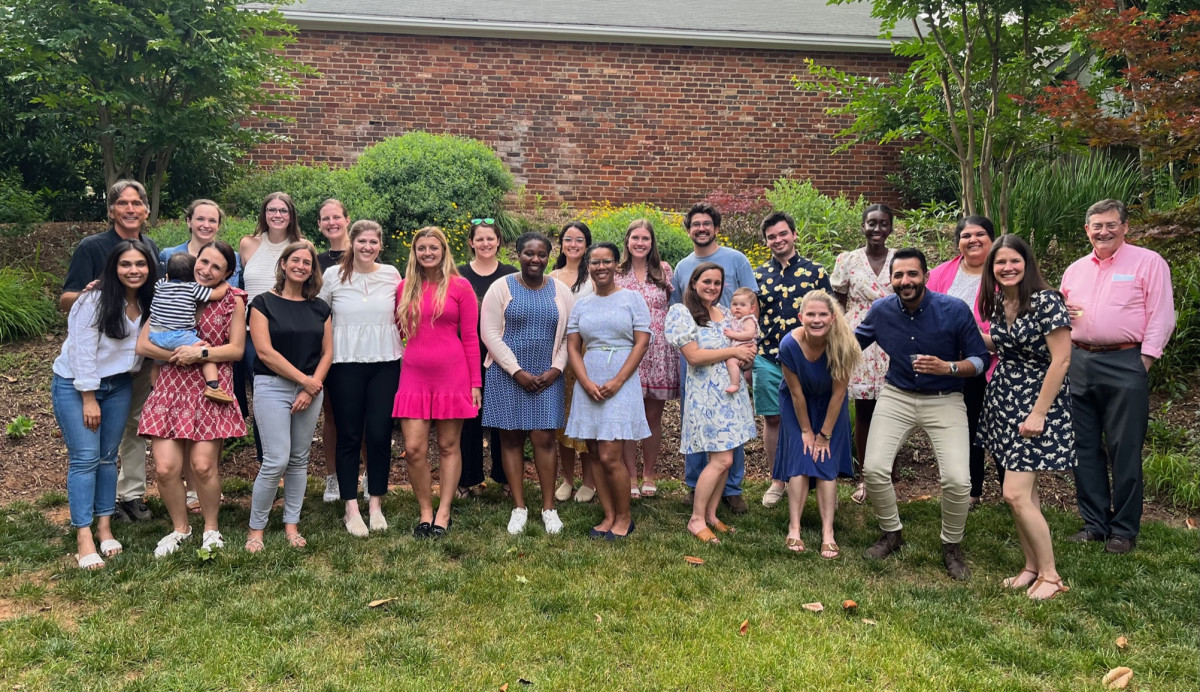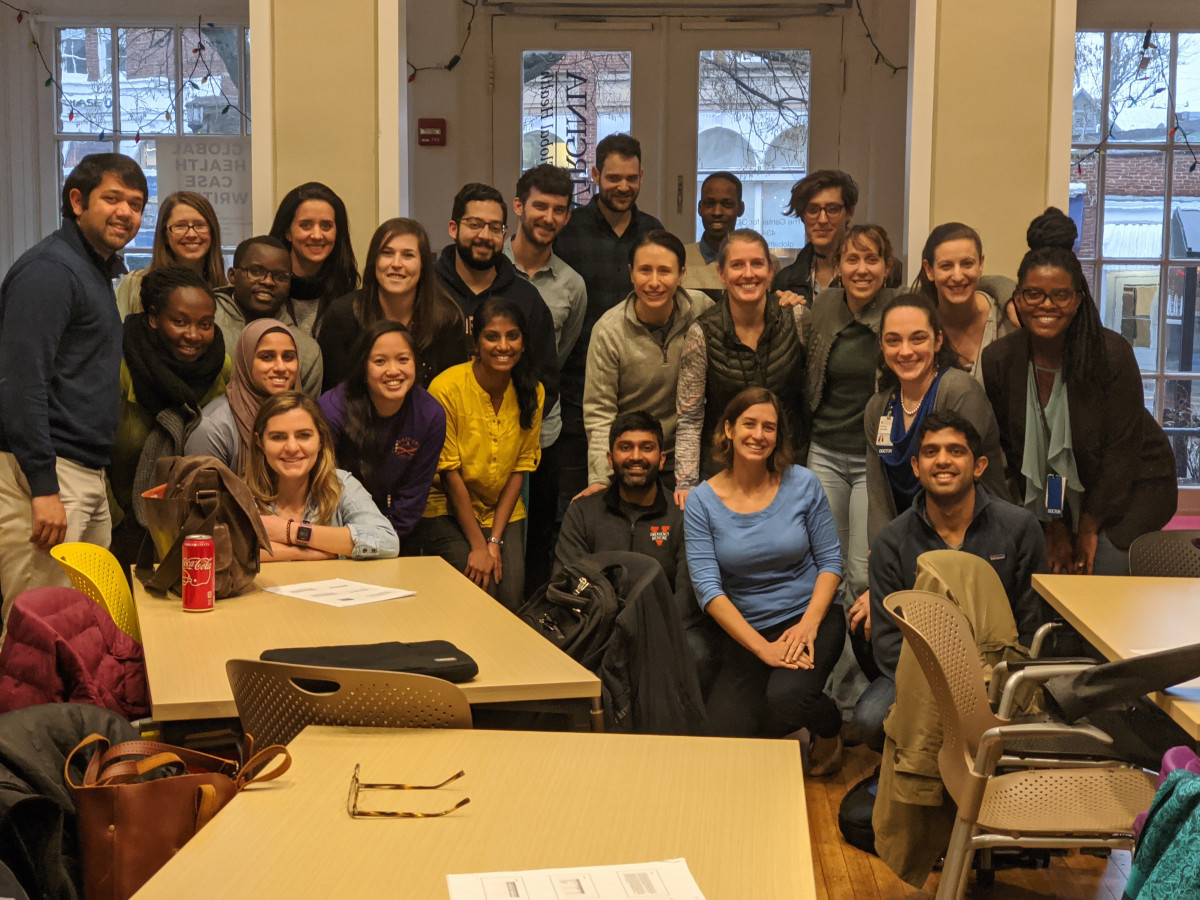Global Health Leadership Track
The Global Health Leadership Track prepares physicians to become leaders in global health practice, research, policy and education.
GHLT is available to residents in the Internal Medicine, Family Medicine, Pediatrics, Psychiatry, Surgery, Plastic Surgery, Anesthesiology, Pathology, Radiology, Emergency Medicine, General Surgery, Urology, and Dermatology Residency Programs.
The Global Health Leadership Track combines didactic learning with international medical rotations and research to develop future leaders in Global Health.
Residents will participate in two-week intensive courses, monthly international rounds, journal clubs, and round table dinners. During their time abroad, residents identify needs in their international community and work on a project to answer questions or improve care related to that need. Ideally previous projects are stepping stones for future ones. Residents may choose instead to take part in larger, established projects at their site.
Program Overview
Didactic Learning
- Global Health Courses. Two-week intensive courses in Tropical Medicine and Policy and Practices in Global Health are offered. GHLT track participants are encouraged to take both courses. TheTropical Medicine course will teach residents to identify, treat and prevent common tropical medical problems and will qualify residents to sit for the Tropical Medicine Certification exam, presuming they complete a field placement. The Policy and Practices in Global Health course will focus on the social, political, and economic context of common global health challenges with lectures from many guest speakers who are experts in their field. Residents will be blocked from other clinic responsibilities while taking these courses.
- Round Table Dinners. Quarterly evening lectures by a guest speaker involved in Global Health are scheduled with dinner provided. These are opportunities to learn and to meet with other members of the GHLT.
- Global Health Journal Club. A monthly, informal journal club with dinner occurs at the home of one of the GHLT leaders.
- International Rounds. Monthly International Rounds occur as part of the Family Medicine didactic series on Tuesday afternoons. Attendance is welcomed but optional for Internal Medicine and Pediatrics residents due to scheduling.
International Clinical Rotations
GHLT members perform two month-long rotations in one of our target international sites in their second and third years of residency.
Alternative sites in underserved communities in the U.S. (such as the Indian Health Service) may also be considered.
International Research
During their time abroad residents identify needs in their international community and work on a project to answer questions or improve care related to that need. Ideally previous projects are stepping stones for future ones. Residents may choose instead to take part in larger, established projects at their site.
International Family Medicine Clinic
Family Medicine residents in the track maintain a continuity practice in the IFMC in addition to their regular continuity practice. This will begin in PGY-2, with one session per week and continue into PGY-3 with 1-2 sessions per week.
Goals
- Develop the knowledge, attitudes and skills to practice culturally competent medical care.
- Learn about medical and psychosocial problems affecting refugees and international patients.
- Collaborate with local agencies in caring for refugee patients, including the International Rescue Committee, Health Department, WIC, social workers and psychologists.
- Learn the epidemiology and treatment of tropical diseases.
- Become familiar with educational resources for tropical medicine and global health.
- Learn U.S. and international laws and policies governing refugees, displaced persons, and immigrants.
- Competently care for patients in a resource-poor country or setting within the U.S.
- Identify community needs and develop a project to address them in a resource-poor country or setting.
- Prepare a written report and oral presentation of this project at the conclusion of the residency.
- Teach other residents, students and faculty the skills, knowledge and attitudes gained.
This is accomplished through didactics, engagement with our local immigrant and refugee populations, international clinical rotations and international research.

GHLT International Clinical Sites
Learn more about the international sites where GHLT rotations occur.
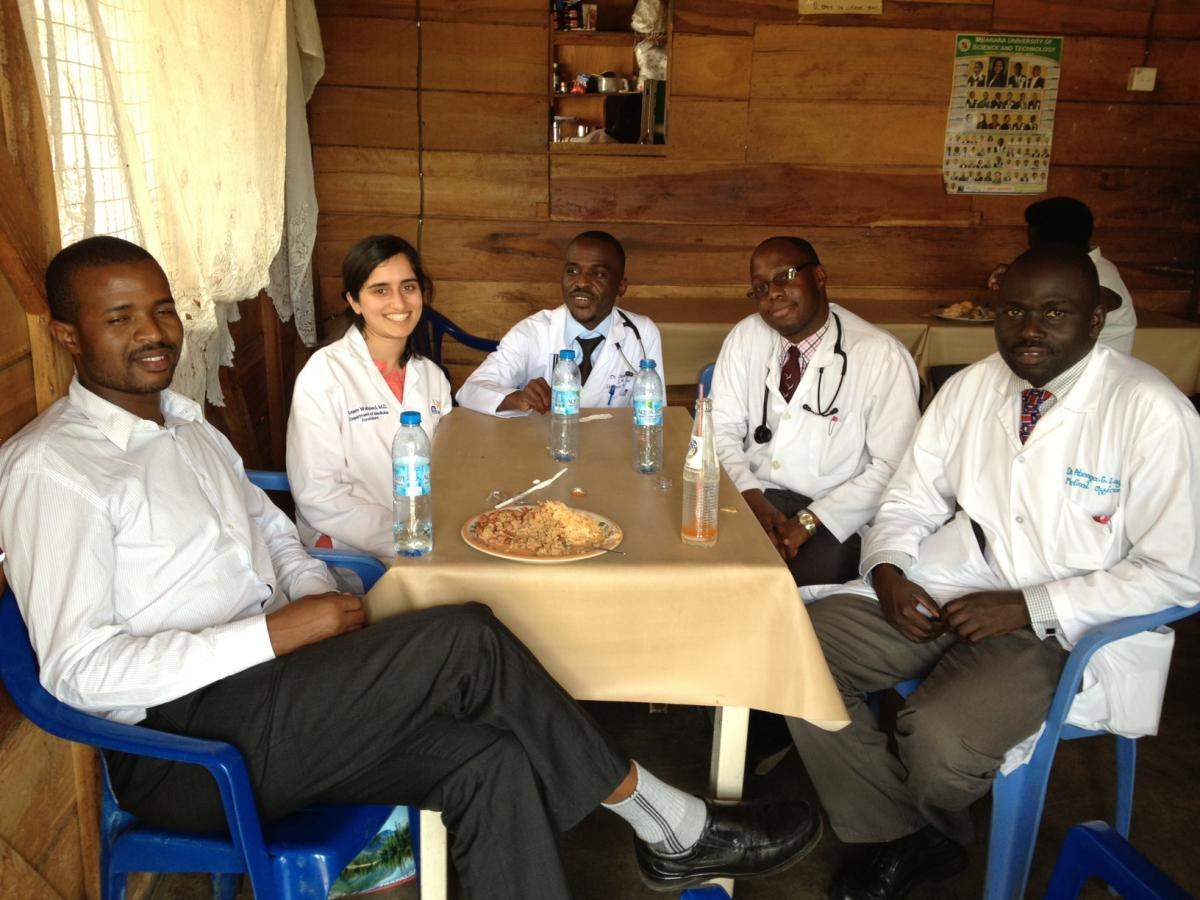
GHLT Planning International Rotations
Advanced preparation is necessary for international rotations. Find helpful information as you begin your planning.
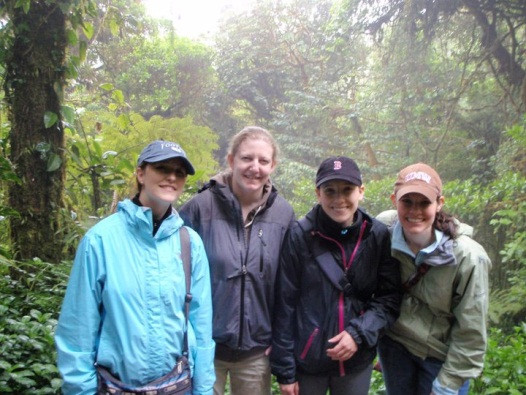
GHLT Application
Apply to the Global Health Leadership Track and find instructions.
Calendar of Events
2025-2026 Events
Please note that dates may change. Final details will be emailed to GHLT members. Journal Club and Pre-departure Workshop start times vary from 5:00 to 6:00 PM.
- Thursday, August 21: Urology Journal club
- September – no Journal club due to pre-travel workshop
- Pretravel workshop on Wednesday September 17 and Thursday September 25
- Thursday, October 23: Radiology Journal club
- Thursday, November 20: Pediatrics Journal club
- Thursday, December 11: Emergency Medicine Journal club
- Thursday, January 8: Psychiatry journal club (Note: Psychiatry and Family Medicine may swap dates)
- January 26-February 6: GHLT course
- Thursday, February 26: Family Medicine Journal club
- Thursday, March 19: Plastic Surgery and General Surgery Journal club
- Thursday, April 16: Anesthesiology Journal club
- Thursday, May 14: Internal Medicine Journal club
- GHLT graduation: late May or June (Monday June 1 as possible date)
Explore Current and Past GHLT Projects
Current and Past Projects
- Interviewing Comedrones (traditional Guatemalan birth attendants) to characterize the extent of their knowledge base especially regarding obstetrical emergencies
- Diagnosing Giardia, Entamoeba histolytica and Cryptosporidium in the Guatemalan Highlands with use of ELISA
- Estimating the prevalence of peripheral vascular disease in Mbarara, Uganda with the use of ankle brachial pressure indices
- Measuring the prevalence of cardiovascular risk factors in the Mayan population around Lago Atitlan in Guatemala
- Validating a Tuberculous Meningitis case definition in Mbarara, Uganda
- Surveying the refugee relocation programs and access to health care for refugees in the state of Virginia
- Evaluating the impact of community health workers in the rural patient population of Limopop Province, South Africa
- Assessing and addressing childhood malnutrition in an isolated, rural population in Cambodia
- Supporting the development of Radiology residency traning in Mbarara, Uganda
- Outcomes of patients with severe sepsis after the first six hours of resuscitation, in Mbarara, Uganda
There are faculty across the University of Virginia interested in Global Health. Please see the Global Health Faculty Directory for a full listing.
Program Director
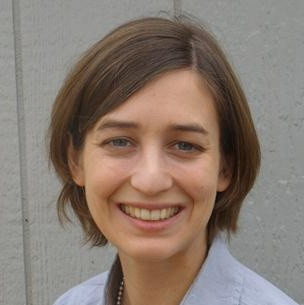
Julia den Hartog, MD
Assistant Professor, Dept. of General Medicine, Geriatrics & Palliative Care
